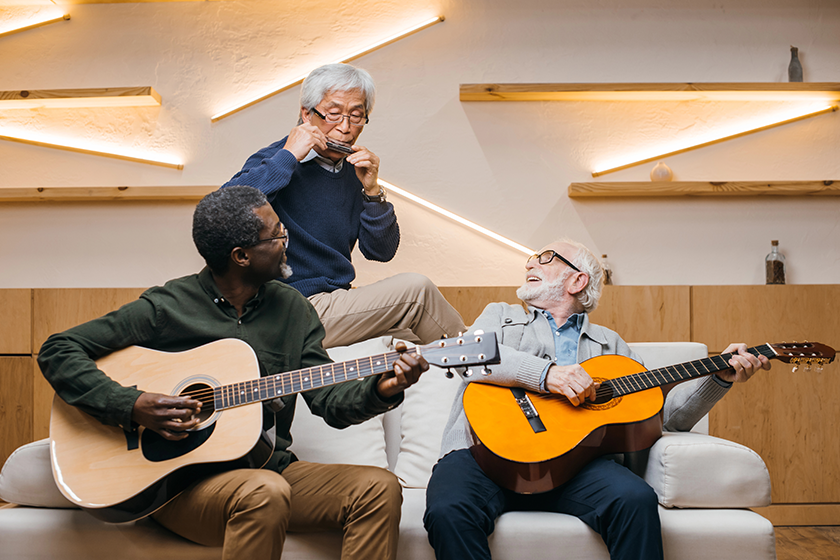Moving to an assisted living community marks a significant change for many older adults. This transition often brings a mix of emotions, ranging from excitement about the new chapter to feelings of anxiety about leaving home. While the timeframe for adjusting varies from person to person, it generally takes a few weeks to several months for most individuals to feel comfortable and settled.
Understanding the Transition Period
The adjustment period when moving to an assisted living community can be influenced by several factors, such as the individual’s personality, health condition, and previous living arrangements. For some, the transition may take as little as two to three weeks, while others may require three to six months to fully adapt.
Key elements like building relationships, establishing a routine, and becoming familiar with the staff and facilities play crucial roles in this process. It’s important to acknowledge that adjusting to a new environment takes time, and everyone adapts at their own pace.
Factors That Influence Adaptation Time
Several factors can influence how quickly someone adapts to an assisted living community:
- Health and Mobility: Those in better physical and mental health may find the transition easier, as they can actively participate in activities and engage with others.
- Social Connections: Moving with a partner or having close friends already living in the community can speed up the adaptation process.
- Personality: Some individuals are naturally more outgoing and find it easier to make new friends, while others may take longer to feel comfortable in social settings.
- Level of Care: Adjusting to the care provided at an assisted living facility, especially for those who previously managed independently, can take time as they become accustomed to receiving support for daily activities.
What to Expect During the First Few Weeks
The first few weeks in an assisted living community are often the most challenging as residents acclimate to a new environment, routines, and people. During this time, it’s normal for individuals to experience feelings of homesickness, loneliness, or uncertainty about the decision. Family members and caregivers can support the transition by staying in close contact, visiting regularly, and encouraging their loved ones to participate in community activities.
Many assisted living communities also have staff trained to help new residents adjust. These professionals often introduce new residents to others, encourage participation in social events, and provide emotional support as they settle in.
Building a Routine
One of the most effective ways to adjust to an assisted living community is by establishing a daily routine. A consistent schedule helps provide structure and a sense of normalcy in a new environment. Residents are encouraged to participate in activities that interest them, such as fitness classes, art programs, or social gatherings.
Building a routine also includes forming relationships with staff and other residents, which can provide a strong support system. These connections often make the assisted living community feel more like home.
Tips for a Smooth Transition
While every resident’s journey to feeling at home in an assisted living community is unique, the following tips can help ease the transition:
- Stay Open-Minded: Being open to new experiences and opportunities can help residents feel more positive about the change.
- Participate in Activities: Engaging in community events and exclusive senior living programs fosters friendships and helps residents feel more connected.
- Give It Time: It’s essential to be patient and allow time to adapt. Adjusting to a new lifestyle is a process that can’t be rushed.
A New Chapter
Adapting to a new environment takes time, but with the right guidance, the transition can be much smoother. In our retirement community, we focus on helping residents establish routines and foster connections, making their new home feel comfortable. Our dedicated team offers personalized support, encouraging participation in activities that create a sense of belonging.
We believe that each resident’s journey is unique, and we’re here to provide the care and attention needed during this time. Contact us today to learn how we can assist with the move into our community.



